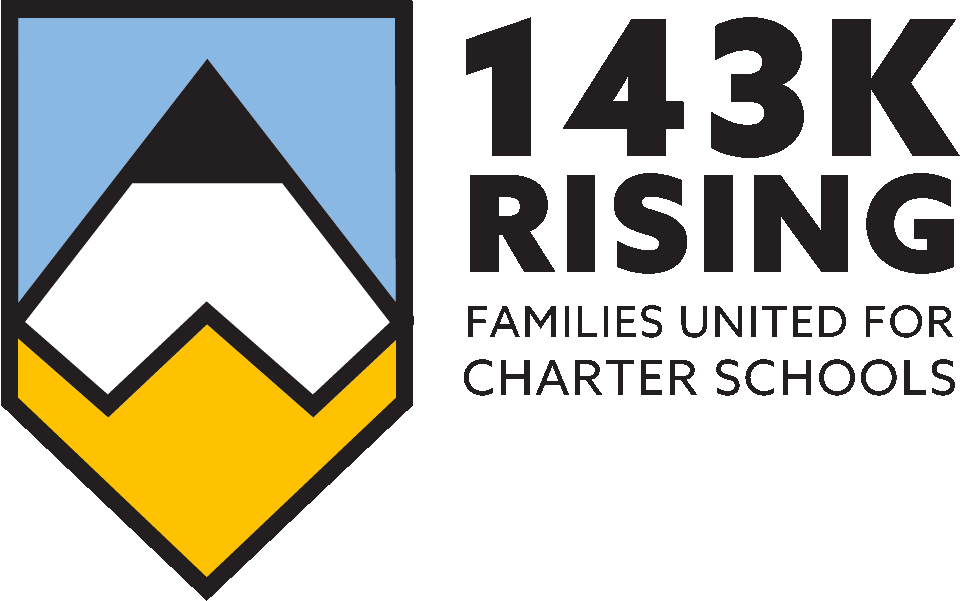Harrisburg, PA — Today, the Pennsylvania School Boards Association (PSBA) held their annual advocacy day at the Capitol in partnership with the Pennsylvania Association of Intermediate Units (PAIU) and the Pennsylvania Association of School Administrators (PASA). During the press conference, these organizations called on lawmakers to enact comprehensive and meaningful reforms to the Charter School Law to level the playing field between charters and traditional public schools, mainly focusing on changes to the provisions and requirements for funding.
“Representatives from the traditional education establishment continue to call for an end to the separate and unequal treatment that Pennsylvania charter schools receive from the state…and we couldn’t agree more,” said Ana Meyers, PCPCS’ Executive Director. “Charter schools get approximately 75 percent less funding per student than traditional district schools.”
While the speakers at today’s press conference were quick to describe the financial burden that charter school tuition has on their members’ schools, it was not a complete representation of the facts. The average amount spent in 2015-16 to educate a student in a charter school was less than $13,000 vs. more than $16,400 in a district school.
And while the groups participating in today’s advocacy day claim that charters are less effective than traditional public schools, charter schools in Pennsylvania, on average, produce an 11 percent higher return for each tax dollar spent than district schools. Despite receiving less funding per student, charter schools are providing taxpayers a bigger bang for their buck than their district counterparts.
“In regards to cyber education, though PSBA, PAIU and PASA claim that district-run cyber programs provide an equally superior product, there is not a single district cyber option that compares to the academic, family engagement and extracurricular opportunities provided by Pennsylvania’s cyber charter schools,” said Meyers. “If traditional public schools want to have a fact-based discussion about cyber education in the Commonwealth, school district must be required to track and report their cyber program’s academic rigor, attendance, special education services and growth rate.”
The few school districts that are reporting data on their cyber programs (separately from their brick-and-mortar programs) have poor results that are, for the most part, worse than cyber charter schools. School districts need to be accountable for their cyber programs just as cyber charter schools are accountable for theirs. Only after we know how they are performing would any policymaker be able to make an informed comparison between district-run cyber programs and cyber charter schools.
“It is our hope that PSBA, PAIU and PASA will join charter schools in seeking an update to the Charter School Law and engage in a meaningful discussion about equal funding for every public school in the Commonwealth,” said Meyers.
###
Press Contact:
Ana Meyers, Executive Director
A.Meyers@PACharters.org
